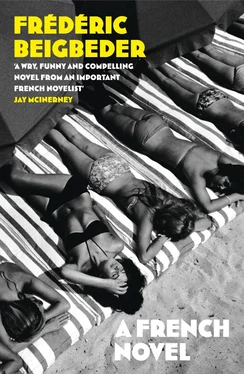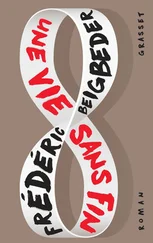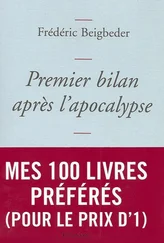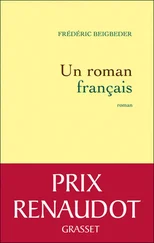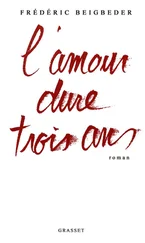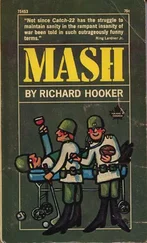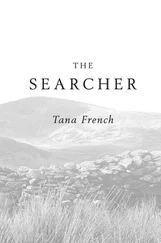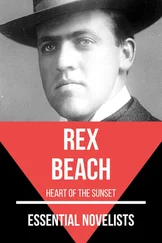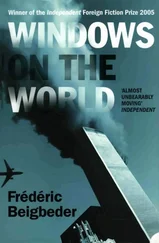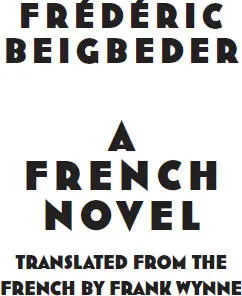

Like a spring, young children grow
Then blossom in a summer
Surprised by winter they no longer show
What once they were.
Pierre de Ronsard, ‘ Ode à Anthoine de Chasteigner ’, 1550
For my family and for Priscilla de Laforcade who is a part of it
Table of Contents
Title Page
Epigraph Epigraph Like a spring, young children grow Then blossom in a summer Surprised by winter they no longer show What once they were. Pierre de Ronsard, ‘ Ode à Anthoine de Chasteigner ’, 1550
Dedication Dedication For my family and for Priscilla de Laforcade who is a part of it
Foreword
Prologue
1. Clipped Wings
2. Lost Grace
3. Flashbacks of Myself
4. Vowels, Consonants
5. Fragments of an Arrest
6. Guéthary, 1972
7. Natural Hells
8. The Original Rake
9. A French Novel
10. With Family
11. End of an Era
12. Before They Were My Parents, They Were Neighbours
13. Revelations about the Lamberts
14. Hearing Problems
15. Affective Prognathism
16. Quiet Days in Neuilly
17. A Claustrophobic Chapter
18. Divorce, French-Style
19. Van Vogt’s ‘Null-A’ and Fred’s ‘A’
20. Madame Ratel Paints
21. Forgotten Finger
22. Return to Guéthary
23. Rue Maître-Albert
24. Cassettes
25. The Revealing Child
26. A Scientific Digression
27. The Trip Across Paris
28. Brother of the Above-Named
29. Could Try Harder
30. Force-Fed Children
31. Prison Break
32. Dreams and Illusions
33. The Dishonest Truth
34. The Second Father
35. The End of Amnesia
36. The Day I Broke My Mother’s Heart
37. Parental Inventory
38. The French Dream
39. Compulsive Liars
40. Release
41. New York, 1981 or 1982
42. Results
43. The A in Atlantis
Epilogue
Footnotes
By the Same Author
About the Author
Copyright
About the Publisher
The greatest quality of this book is undoubtedly its honesty. When a book is as honest as this, it can lead, almost unintentionally, to genuine revelations about what it means to be human – in this respect, literature is still leagues ahead of the sciences. In reading A French Novel , we realise that a man’s life is divided into two phases: childhood and adulthood, and that it is completely pointless to further refine this analysis. Formerly, there existed a third phase, known as old age , which linked the two, when childhood memories flooded back, giving a semblance of unity to a human life. But to enter into old age, one must first accept it, leave life behind and enter into the age of memory. Caught up in desires and in adult plans, the author is not at this stage, and has almost no memory of his childhood.
He does, however, have one, involving shrimping and a beach on the côte Basque. Like Cuvier reconstructing the skeleton of a dinosaur from a single fragment of bone, from this single memory Frédéric Beigbeder reconstructs his whole family history. It is a serious, solid work in which we discover a French family, a relatively harmonious blend of bourgeoisie and aristocracy of staunchly rural stock. A family heroic to the point of lunacy during the First World War, and consequently rather more circumspect when the Second World War breaks out. After 1945 they are gripped by a lively appetite for consumerism, an appetite which after 1968 will extend to a new level, becoming widespread in the sphere of morals . A family like many others, most of which belong to the upper classes; but it is the very ordinariness of Beigbeder’s family history that makes it compelling, since the whole history of twentieth-century France unfolds before our eyes, related without apparent effort. On first reading, we get a little confused sometimes with all the characters; that is the only thing for which one might criticise the author.
In adolescence, everything changes. Memories flood back, but there are two things basically, two things in particular that linger in the author’s memory: the girls he has loved, the books he has read. Is that all there is to life, is that all that remains? It would seem so. And here too, Beigbeder’s honesty is so obvious that we would not think to challenge his conclusions. If it is indeed this and this alone that seems important to him, it’s because it truly is. Deep down, the pleasure of autobiography is almost the opposite of that of the novel: far from losing oneself in the author’s world, we never forget ourselves when reading an autobiography; we compare ourselves, we connect, we confirm, page after page, our sense of belonging to a common humanity.
I was less interested by the sections about the nights spent in custody for taking cocaine on the public highway. It’s curious; I should have empathised, having myself spent a night in prison for an offence almost as stupid (smoking a cigarette on a plane) – and I can confirm that conditions in custody are not exactly comfortable. But the author and his friend the Poet protest a little too much; they mouth off. The portrait of the writer as a boy, a sickly little thing, all chin and ears, doing his best to follow in the footsteps of the big brother he admires, is brief, but it is so powerful that I felt I could sense that child reading over my shoulder through the whole book. In this delinquent episode, something is wrong: the child does not recognise himself in the adult he has become. And this, too, is probably the truth: the child is not father to the man. There is the child, there is the man; and between the two there is no connection. It is a discomfiting, embarrassing conclusion: we would like to think that there is a certain unity at the core of the human personality; it is an idea we find difficult to let go of; we would like to be able to make a connection.
That connection we immediately make is in the pages the author devotes to his daughter, probably the most beautiful in the book. Because imperceptibly he realises, and we realise with him, that the childhood years his daughter is going through are the only years of true happiness. And that nothing, not even his love for her, will prevent her from stumbling over the same obstacles, from sinking into the same ruts. This increasingly poignant blend of secret sadness and love culminates in the magnificent epilogue, which in itself would justify this book, in which the author teaches his daughter, as his grandfather taught him, the art of skimming stones. In that moment the circle is closed and everything is justified. The stone that skips magically ‘six, seven, eight times’ across the sea. A victory, albeit limited, against gravity.
Michel Houellebecq
I am older than my great-grandfather. Capitaine Thibaud de Chasteigner was thirty-seven years old when he fell during the second battle of Champagne, on 25 September 1915 at 9.15 a.m. between the valley of Suippe and the outskirts of the Argonne forest. I had to pester my mother to find out more; the hero of the family is an unknown soldier. He is buried at the Borie-Petit château, in Dordogne (my uncle’s place), but I saw his photograph in the château Vaugoubert (belonging to another uncle): a tall, thin young man in a blue uniform, with cropped fair hair. In his last letter to my great-grandmother, Thibaud says he has no wire-cutters to clear a path to the enemy’s lines. He describes the flat, chalky landscape, the incessant rain turning the ground into a muddy swampland, and confides that he has received the order to attack the following morning. He knows he will die; his letter is like a ‘snuff movie’ – a horror film made using no special effects. At dawn, he fulfilled his duty, singing the ‘
Читать дальше
